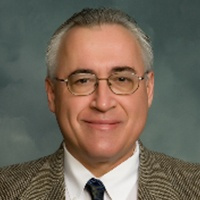 Syracuse DUI-DWI Lawyers, Indiana
Syracuse DUI-DWI Lawyers, Indiana
Sponsored Law Firm
-
 x
x

Click For More Info:
-
Keches Law Group
122 Dean Street Taunton, MA 02780» view mapSocial Security, Personal Injury, Workers Comp. Protecting Your Rights
Our team of experienced personal injury attorneys has over 130 years of combined experience representing individuals and families injured due to the negligence of others.
800-713-8650
Sponsored Lawyers
1-5 of 5 matches
Accident & Injury, Workers' Compensation, Divorce & Family Law, DUI-DWI, Wills & Probate
My name is Mike McEntee and I have been practicing law in Fort Wayne for over thirty years. I was born and raised here and my three children all went to school here. I have built my practice and my reputation solely on client referrals. I believe that our clients like us, trust us, and therefore refer their friends and family to us, and have continued to do so during my entire career. In my many years of practice I have never found the need to purchase full page telephone book advertisements, nor have I ever seen the need to buy expensive television ad spots. Most importantly, you will always have access to me personally, by telephone or office visit during business hours, directly into my voice mail, and of course via e-mail and direct links from our website. After all, my practice is in Fort Wayne, so I can be available almost any time for you.
(more)


 Sean Flaherty Taunton, MA
Sean Flaherty Taunton, MA AboutKeches Law Group
AboutKeches Law Group Practice AreasExpertise
Practice AreasExpertise

